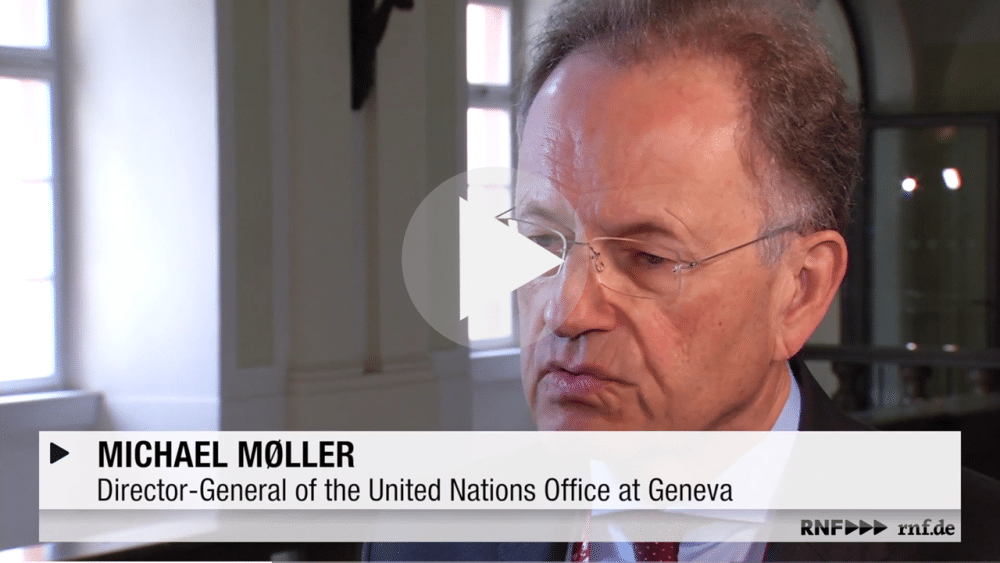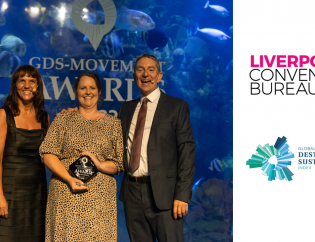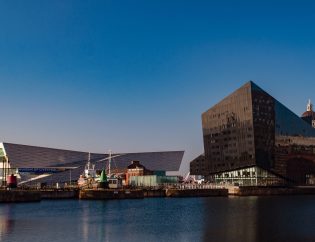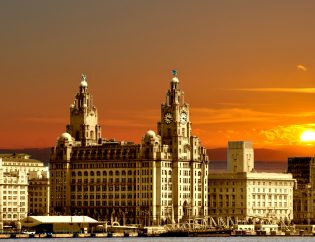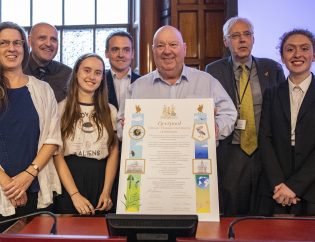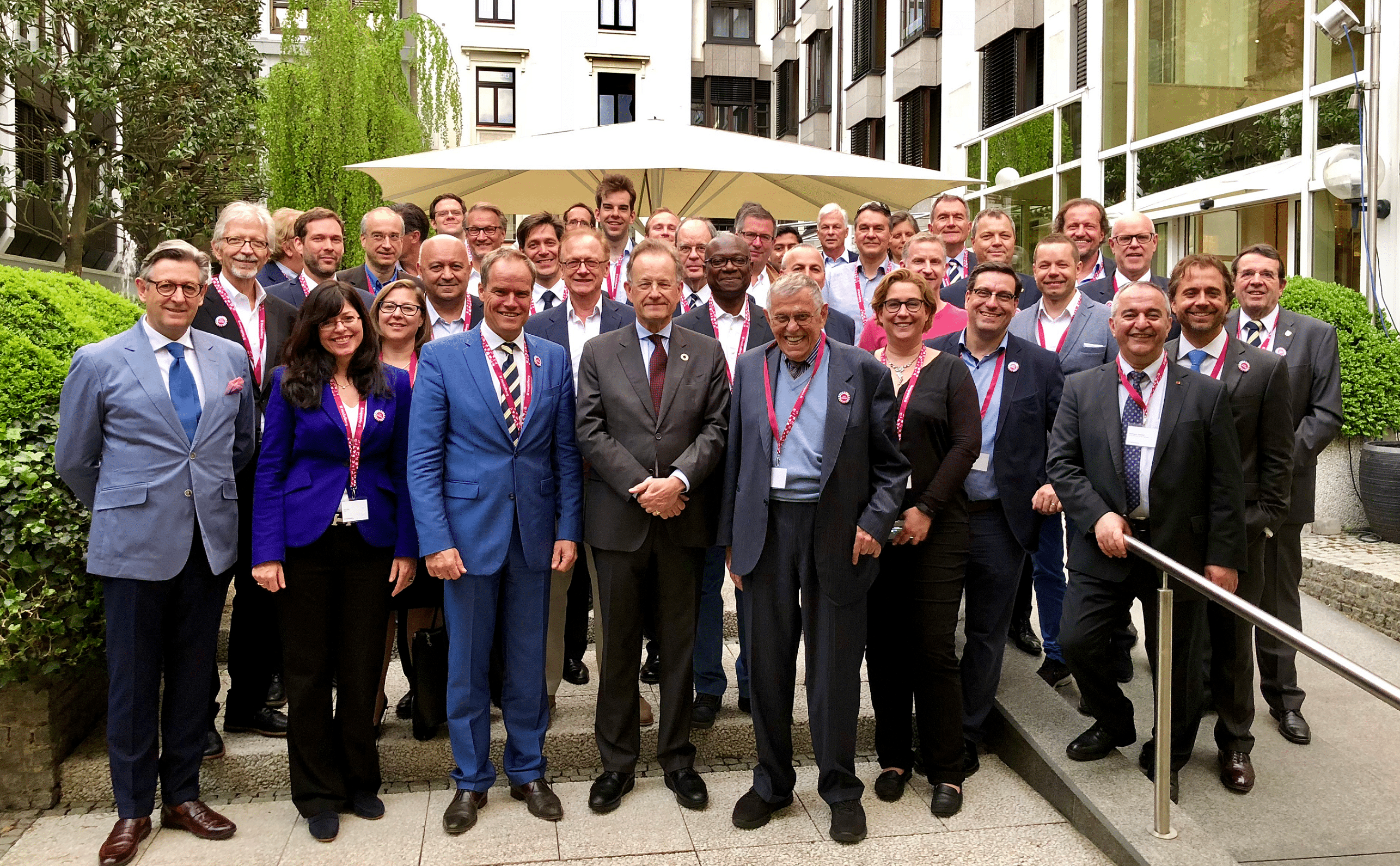
Global city leaders and expert advisers met in Germany last week to refine the pathway for the emergence of the sustainable cities of the future.
The Mayor of Heidelberg Prof. Dr. Eckart Würzner hosted the two day planning event, generously supported in person by UN Director General Michael Møller and led by OiER's Kari Aina Eik and UNGSII's Roland Schatz.
The group met to share real world learning, experience and to further develop the soon to be launched Sustainable Development Goals (SDG) Cities Leadership Platform. This pilot program will see 20 core plus 5 to-be-mentored cities and their respective Mayors from all continents representing true international diversity, to take the lead by illustrating that the Global Goals can become a reality for their citizens by 2025, 5 years ahead of schedule.
OiER and UNGSII have created this Leadership Platform together with the UN Partnership Program, UNIDO and UNOPS to provide the pilot cities with investments for SDG realisation, acceleration tools for international recognition and unique programs to educate and mobilise all members of the participating 20 + 5 communities.
Here are a selection of city based highlights from Michael Møller's reception speech;
"States alone cannot achieve the SDGs. We need everyone’s involvement and we need everyone to take responsibility - from presidents to mayors; from citizens to global businesses.
The SDGs are also the responsibility of businesses, not just because sustainability is a moral imperative, or because their innovation and investment are essential, but because it is increasingly critical for their own commercial success.
And last but certainly not least, the SDGs are also the responsibility of cities."
The universality and indivisibility of the SDGs were also key to future success said Michael;
"But let us be clear minded about the “power” of cities. They can accelerate results, and often do, but inequalities are also huge in many cities and may not always be the answer. Cities can magnify how policies can go really right, but also how they can go terribly wrong. Cities work if a systemic approach is taken and no one is left behind.
And this also refers to financing. Fully implementing the 17 Goals is going to be expensive. And a sustainable response will only happen if financing is shared in terms of where the money is coming from, in order to avoid individual agendas driving decisions, to share the risks and to make solutions sustainable - which is what this initiative is all about!
Challenges come in different degrees and shapes depending on the local context, but they are always captured by the SDGs - whether it’s urban infrastructure investment, or crime prevention, or the provision of health services."
2030hub's David Connor was one of the advisers invited to share our two years of actual SDG city development and implementation in Liverpool.
"The challenge for this group is to create an effective initiative that provides the global scope, relevance and ambition inherent in the SDGs yet combined with the practicalities of local adaption, implementation and resourcing - especially finance.
Cities are rightfully becoming the focal point below national commitments for accelerating impact. The Paris Agreement has already proved the case for this.
The SDGs is the first framework that we have seen effectively uniting and working across all countries, sectoral silos and actors formal or otherwise.
Liverpool in particular will offer an exciting combination of a rich global history, passionate community spirit and cutting edge social innovation, and we are proud to be able to represent this great city through our recognised impact model and hard earned experience."
The next steps for the SDG Cities Leadership Platform are expected to be announced soon.
